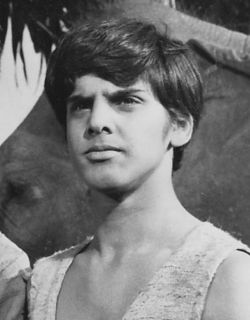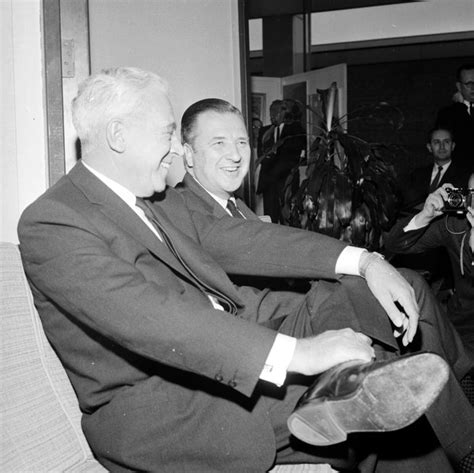A Quote by Colm Meaney
The digital revolution has changed the way we do things because you're not under that pressure that film is precious and film is expensive.
Related Quotes
Various studios are still shooting on film with digital grain and the DI negatives, it's not ideal. We should really be all film or all digital. But that being said, the old way of graining in the camera, now you can make changes like a painter. It's dangerous because you can ruin the film, you can over-fiddle. We've all seen films and gone 'what the hell is that?'
The whole switch from film to digital has changed some of the ways I use color and the juxtaposition of light and dark. It's getting better with digital, the separation's gotten better, but I still feel like it's really flatter than film, so I do a lot of screening and subtle textural printing and painting on clothes for film to get it not to look flat.
It'll be the Internet and piracy that will kill film. There's a philosophy that the Internet should be free, but the reality is that piracy will destroy the film industry and film as an art form because it's expensive to make a movie. Maybe you'll have funky little independent movies, and it'll go back and then start up again some other way.
To me, a revolutionary film is not a film about a revolution. It has a lot more to do with the art form. It's a film that is revolting against the old established language of cinema that had been brainwashing the people for decades. It is a film that is trying to find ways to use sound and image differently.




































